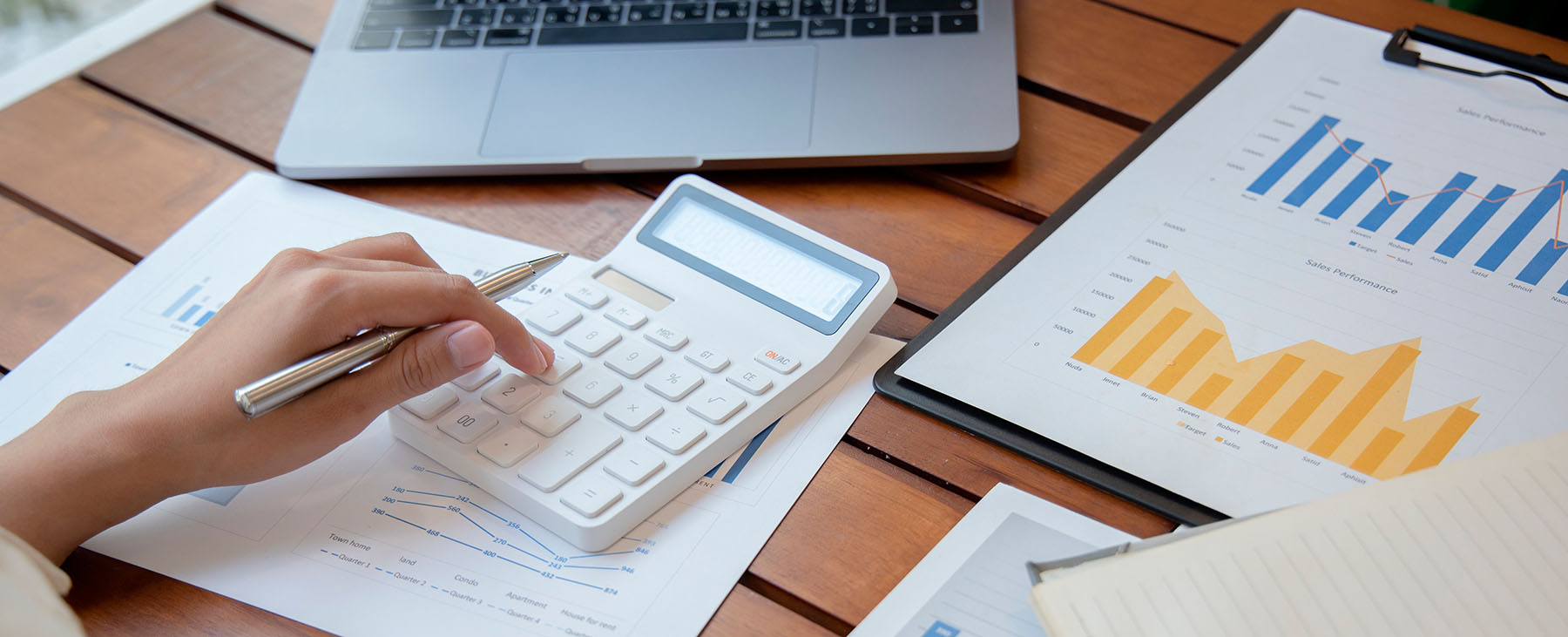

All you need to know about the tax returns
We often face our first income tax return without the minimum knowledge necessary to come out unscathed. Mireia Cano, head of agents at 11Onze, answers the basic questions: from when you are obliged to do it, to what documentation you need.
If you are young, and you are not familiar with the tax return, perhaps the first question you ask yourself is what does “IRPF” mean. It is nothing more than the “Impost sobre la Renda de les Persones Físiques” (Personal Income Tax) and is normally filed between the months of April and June to “settle accounts with the Tax Agency for the previous year’s tax situation”, as Mireia Cano explains.
Basically, the tax return reflects the taxpayer’s economic capacity: our income and the reductions and deductions to which we are entitled based on our personal circumstances. Depending on this, we will have to pay a certain amount of personal income tax. Obviously, the higher the final amount on which we have to pay tax, the higher the percentage to be paid.
First of all, we must calculate the taxable base, i.e. “all the profits obtained during the year, wherever they come from”, as Cano points out. And later we subtract the deductions and reductions that may be applied. With this we obtain the amount to be paid to the Tax Agency. As the head of 11Onze agents specifies, when you have properties, children or dependents, “these should also be taken into account”, and in the case of getting married, you should analyse “whether it is more economical to make the tax return jointly or separately”.
When can we avoid filling the tax return?
The law contemplates some exceptions in which it is not necessary to file a tax return, such as when our annual income “is equal to or less than 22,000 euros and comes from a single payer”, as Mireia Cano says. If the previous year we have had two or more payers, we will only be exempt if the received total amount does not exceed “14,000 euros” and the sum of what we receive from the second and subsequent payers does not exceed 1,500 euros. And it should be borne in mind that “aid such as unemployment benefits, an ‘ERE’ or an ‘ERTE’ is considered a second payer”.
The fact that you can avoid filing a tax return does not necessarily mean that it is the most economically interesting option for you. If you do file, the tax office may have to give you money back, so it is worth doing the draft before you rule out filing.
What do you need to do it?
The Tax Agency already has most of our details. Therefore, we often simply need to verify them from the draft tax return that we can request from the Tax Agency. To do this, we will need the payslips from the company where we work and ask our financial institution for the annual balances of our accounts and documentation of the profitability of our financial products.
When looking for help, a first step may be to consult your parents or other family members who regularly file your tax return. You can also contact an accountant or make an appointment with the Tax Agency.
11Onze is the fintech community of Catalonia. Open an account by downloading the super app El Canut on Android and Apple and join the revolution!
Leave a Reply
You must be logged in to post a comment.
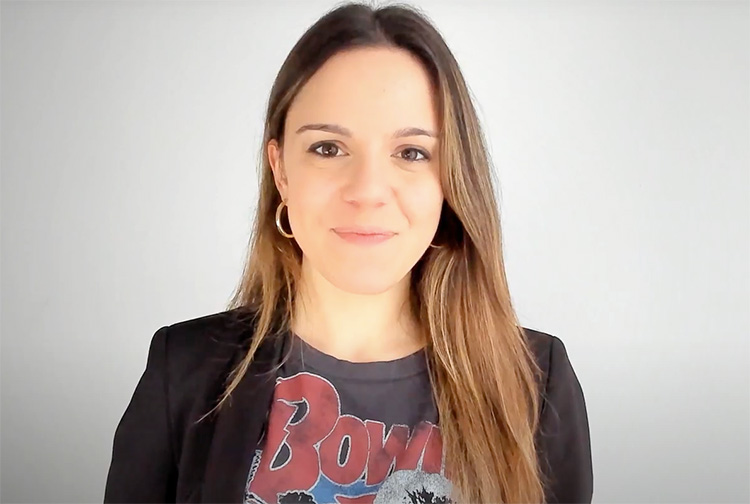
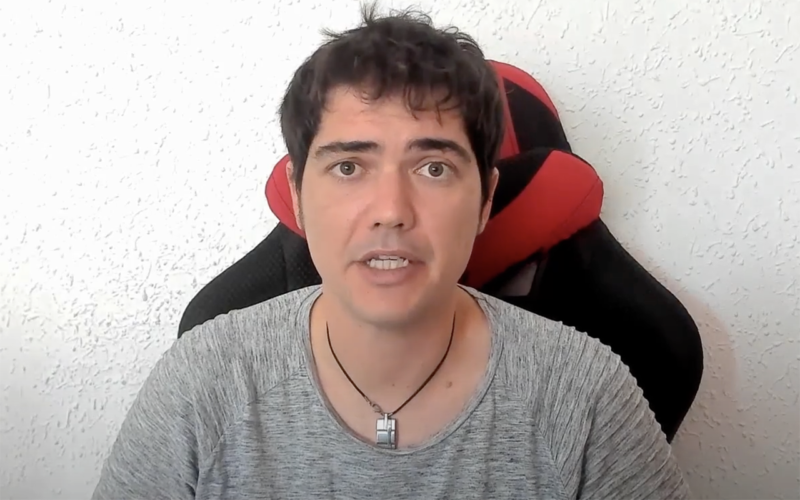
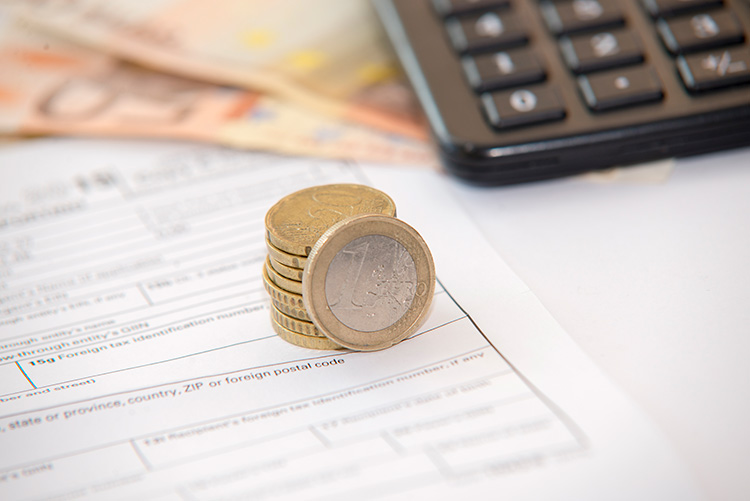
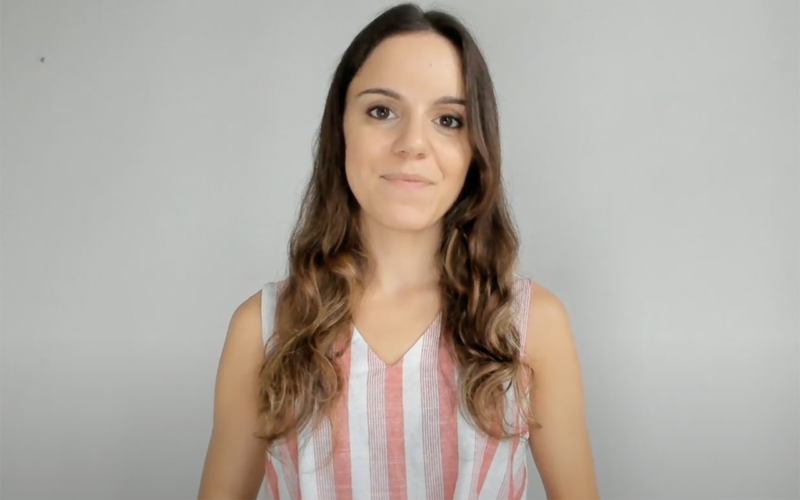


Gràcies 11Onze!!!
Gràcies a tu per ser-hi sempre, Joan!
Bona explicació👌
Gràcies, Jordi, clar i català!
👍
Gràcies Manuel!!